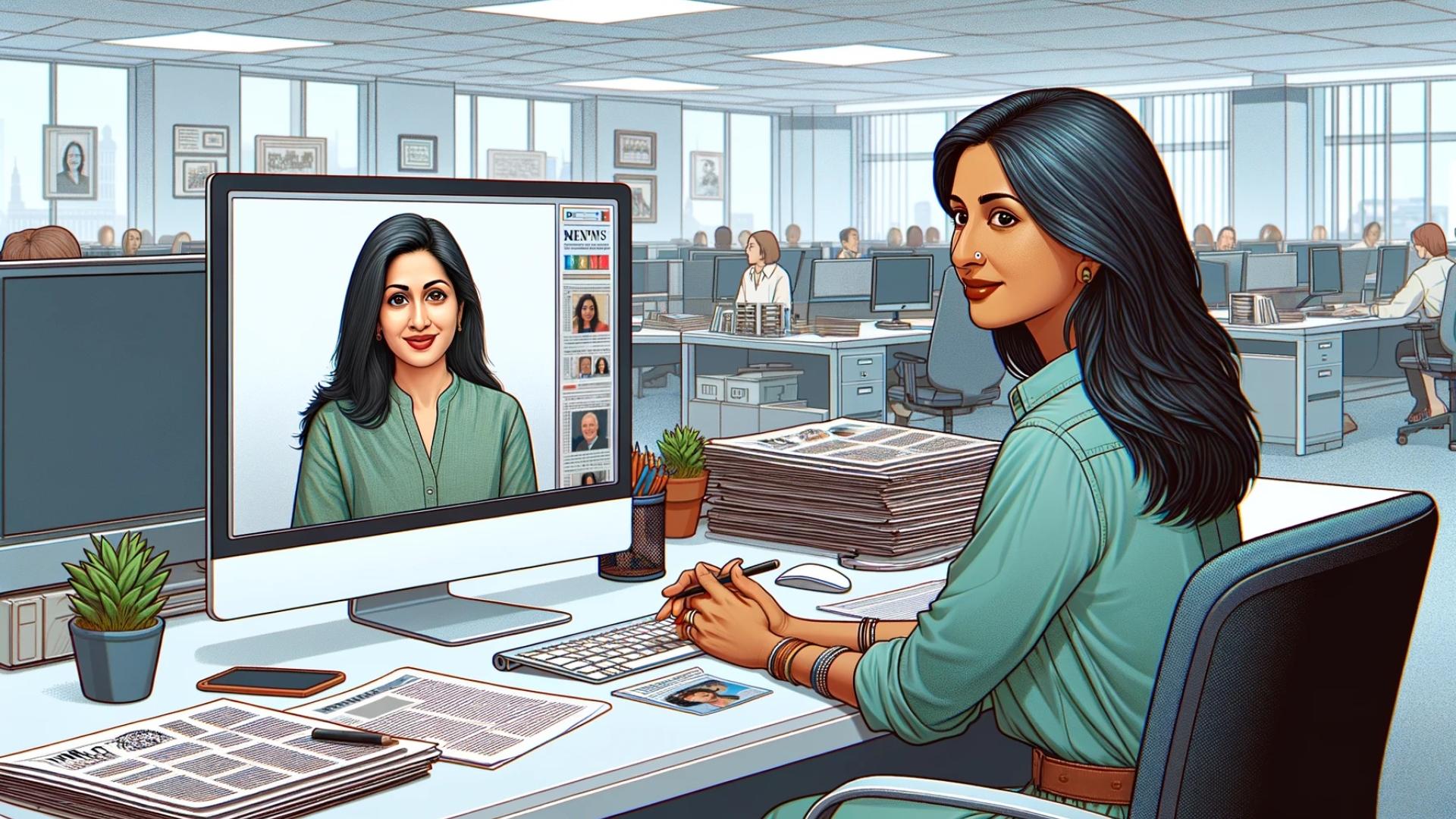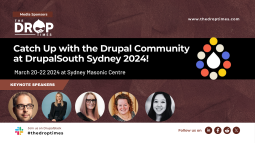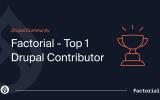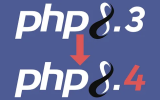The Process of Interviewing Explained: TDT Way
Interviewing is an art form. Live interviews are very much so. Written interviews with prepared questions rarely get to that level because seldom, and that too by random chance, a question would sprout based on a previous answer, which would have given scope for further explanations and explorations in a live setup.
At The Drop Times, we continually try to overcome this hurdle by sometimes asking extra questions after the first set of answers is delivered. However, a more effective strategy is to nurture the interview questions around a topic instead of covering 360° of an interviewee's journey. That is when questions can be specific and in-depth.
The recent interview with Ruth Cheesley, project lead of Mautic, is one such. Elma John interviewed her ahead of the MautiCon 2024 India, the biggest conference of the APAC region's free and open-source marketing automation community. As with most of our interviews, we brainstormed before sending the questions.
After the interviewer herself prepared the first set of questions based on publicly available documents, we, as a team, reviewed it, resulting in removing some and adding a few, adjusting the tone and revamping the questionnaire. Usually, a research wing would be attached to big media houses to assist with such things. As a small media organisation, our team is tiny. So we have to act on that role, too. This is some desk activity that usually goes unnoticed. But it makes all the difference.
As journalists, we would understand the concept of standing on the shoulders of giants that walked the earth before us. When we interview someone, we build upon what is available, not from ground zero. Every report that passes our way, every grapevine we hear, would contribute to preparing for the action.
Some might be mere gossip with no ground at all. But the inquisitive mind would spill it so that it will create momentum. It is debatable whether that is ethical. It becomes unethical once we start publishing gossip without actually confirming it. At least, one should try getting the person's version at the receiving end.
It is not the journalist's duty to merely report competing versions of the same event and think I did justice to everybody. Some versions might simply be adding noise to the reportage. They should be able to ascertain what is right. Let me tell you an often-quoted example. One may say it is raining outside, and the other may say there is no precipitation. Journalists should be able to stand up from their desks, walk to the window, open it wide, and look at the atmosphere before reporting either version.
So, there is personal judgment involved. Making it unbiased is hard. And having a bias is not always bad either. How truthful are you to your conscience? That is the pertinent question.
Okay, I digressed a lot from the main point. We were talking about interviews. Making the interviewee comfortable and asking uneasy questions is the only way to move the boulder from the path. After all, who wouldn’t like a little cheesiness over the content?
In this particular interview, there is a question about Mautic's acquisition, assimilation of their tools to the MarTech stack, and allowing independence later on, which is a nice word to put out when you can no longer support the project. It is a business decision with implications that would touch the lives of real people. You cannot blame the organisation for such an action because they have every right to concentrate on core business and offload noncore areas that burden their function. Tech companies regularly do that. Look how gracefully Ms. Cheesly responded to it, elaborating on Acquia's support that ensured the growth of Mautic, which eventually helped develop a better community around the tool.
Only a true and inspiring leader could confront such a question with so much humility and straightforwardness. That is the beauty of a well-done interview. Even difficult questions are answered because of the genuineness of putting it together without holding back on doubting a pushback. I want my acquaintances in the Drupal community and the larger free software fraternity to read through this interview. Enjoy Drupal, folks!
(Cross-posted after elaborating on my LinkedIn update)









